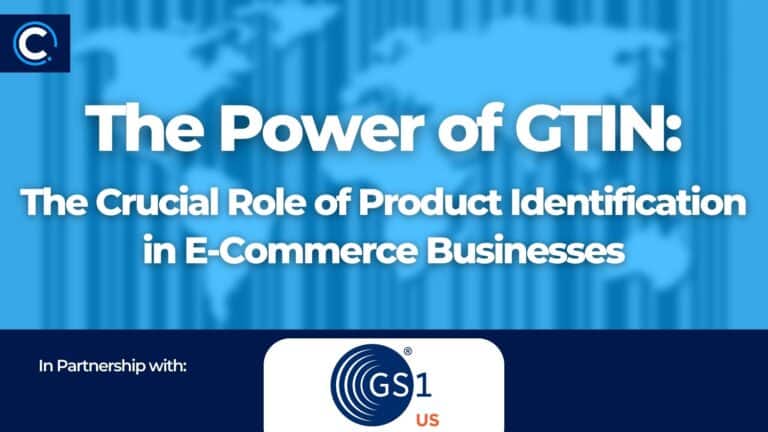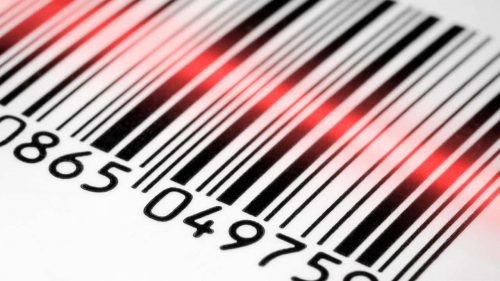
What Startup Sellers Need to Know About GS1
When you start an online business, you want to make sure the foundation is solid so you can build and grow. There are a lot of things to consider–such as products to sell, target audience, and marketing strategies. However, one critical piece of your startup foundation that can’t be overlooked is how you identify your products.
Product identity isn’t often the first thing a new business owner thinks about, but it does have an impact on your e-commerce strategy and supply chain management. Here is some helpful information you can use to build your knowledge in this area.
About GS1 US
As a neutral, not-for-profit organization, GS1 US is best known as a source for UPC barcodes. While the “beep” of a GS1 barcode is heard more than 10 billion times daily around the world, this is just one example of the many powerful GS1 Standards. Together, they create a common language for companies to identify, capture and share trusted data that links their physical and digital supply chains. Millions of businesses around the world rely on GS1 Standards to establish credibility with retailers, marketplaces, and consumers.

About Global Trade Item Numbers
A Global Trade Item Number (GTIN) is the number you see below a barcode on products. More than 50 years ago, the retail industry came together and agreed that each product should have its own unique number to identify what the product is and who makes it. GTINs are assigned to each product variant such as size or color. When acquired from a GS1 member organization, the GTIN will be globally accepted and recognized in multiple retail system across the supply chain.

The Relevance of GTIN for E-Commerce
The GTIN has been a critical component in helping brands, retailers and marketplaces digitally identify, classify, and verify the millions of products that are now being listed online.
Over 60% of all sales begin online, according to Google research. Search engines and marketplaces need to accurately index products to support this volume. For example, Google advocates for brands to include GS1 GTINs in their listings on Google Shopping or when setting up Google ads. Amazon similarly recommends the use of GS1 GTINs. Why? Valid GTINs are a key part of confirming a product’s authenticity. Marketplaces verify the owner of a GTIN through the GS1 Global Registry. If the company and product don’t seem to match, it can lead to listing suppressions and delays in selling product.
Ultimately, having a GTIN from GS1 US helps bridge the gap between a product’s digital identity and its physical presence, whether that product is sold online or in a store. Millions of companies around the world have embraced the power of the GTIN as a critical building block to sell and scale into the future.
To learn more, please visit https://www.gs1us.org.

